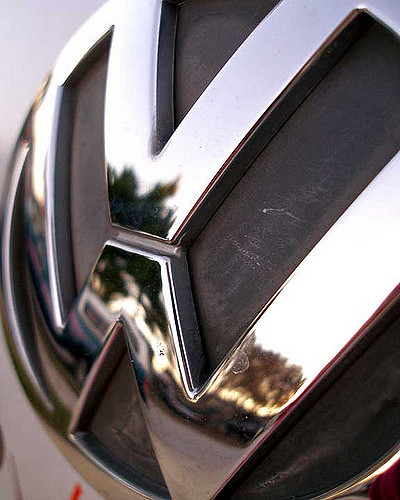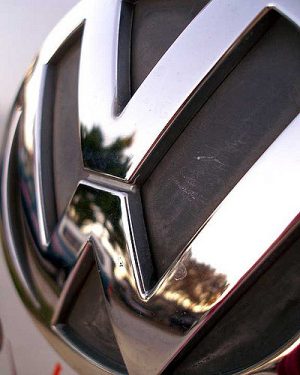
In a public statement on Wednesday evening, Volkswagen AG said that its top executives had been briefed on issues relating to the diesel emissions scandal prior to the time that the Environmental Protection Agency (EPA) issued the company a Notice of Violation last fall. Still, the company maintains that its CEO may not have understood the gravity of the situation.
VW Group has previously been cagey about whether top executives knew that engineers had been installing illegal defeat devices in diesel vehicles. (The term “defeat device” here refers to lines of code in the engine management software.) So-called defeat devices suppress the car’s emissions control system when it’s being driven normally, allowing the system to work when the car is being tested in a lab. This setup resulted in diesel Volkswagens, Audis, and Porsches releasing many times the allowed limit of NOx emissions every time the car got on the road.
If top executives knew about the defeat devices, they could face additional lawsuits from shareholders on top of the billions in fines that the EPA and the Department of Justice have sued VW Group for. The company also must account for the cost to fix or buy back the affected cars.
Volkswagen’s defense
VW Group’s public statement on Wednesday included a defense that the company submitted to a German district court the day before. The document comes from a shareholder lawsuit that claims VW did not inform investors that it was facing issues that would eventually send the company’s stock into a nosedive. VW Group said it wanted to make its defense statement public "to correct the selective and incomplete publication of documents in the media about the diesel matter and to avoid having partial excerpts of its statement of defense published in the media.”




 Loading comments...
Loading comments...
